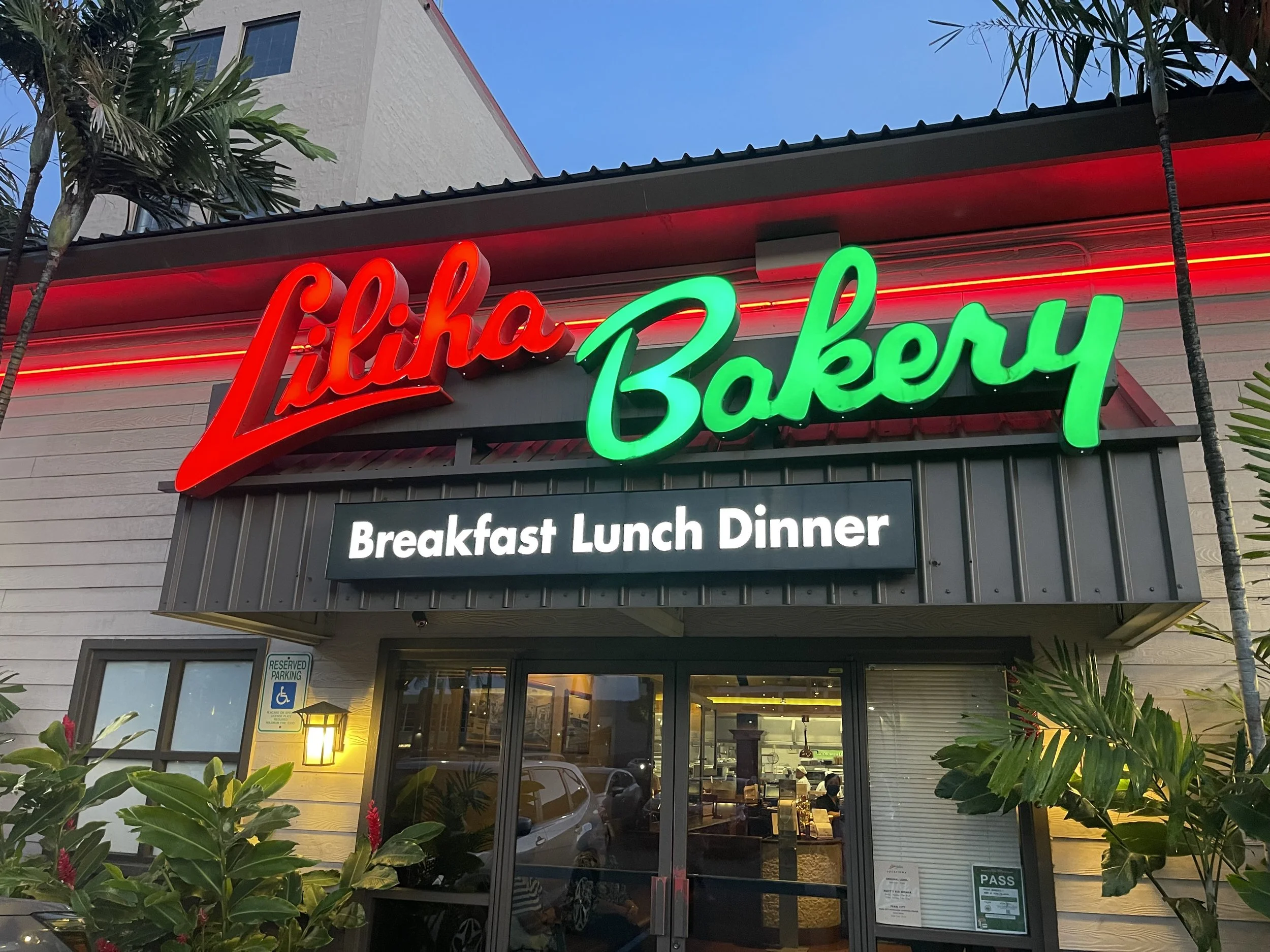A bitter taste of betrayal, racism at Liliha Bakery
Photo: Gerald Farinas.
My regular trips to Hawaii to visit family are usually quiet, predictable affairs. They are anchored by small, familiar rituals, the most important of which is always a meal at Liliha Bakery on Nimitz. This establishment is consistently recognized as one of the state’s best, a true Honolulu institution that reflects the rich, diverse history of these islands. Yet, what I witnessed during my last visit shattered that familiar peace and turned a cherished ritual into a moment of profound confrontation.
As someone whose professional work involves defending Asian American Pacific Islanders, I found myself in the unexpected position of having to exercise that advocacy in my personal life. The evening staff that night, many of whom are Ilocano, as I am, put on a display of impropriety, unprofessionalism, and blatant arrogance toward patrons who had just left. The situation escalated when an undignified racist comment was made by a staffer named Johnrei toward an African American patron. That act was so offensive and so fundamentally wrong that I knew I could not remain silent. While I usually make it a point to leave my advocacy work at the office, this moment demanded intervention.
Liliha Bakery holds a historic legacy, one that mirrors Hawaii itself. It is a place built by and for a community that thrives on its diversity. Its history is a testament to the fact that people from countless backgrounds can come together to build something enduring and beloved. That context is precisely why the acts of racism, microaggressions, and general disrespect displayed by its staff cannot stand.
When a respected local landmark allows such behavior, it does more than just ruin a meal or tarnish its own reputation. It actively destroys the integrity of the Culture of Aloha that we residents and visitors alike so proudly promote. Aloha is not a tourism slogan, it is a covenant of mutual respect. Allowing indignity and racism to flourish in front of other patrons, whether overt or in the form of subtle microaggressions, represents a betrayal of that covenant.
The richness of Liliha Bakery’s history and its standing in the community must be protected by its actions today. The kind of contempt and bigotry put on display that evening, particularly by AAPI staff toward another community member, chips away at the foundation of what makes Hawaii unique. To maintain its legacy, Liliha Bakery must ensure that every single interaction is a reflection of the culture it represents and that acts of racism are decisively addressed and eliminated.

